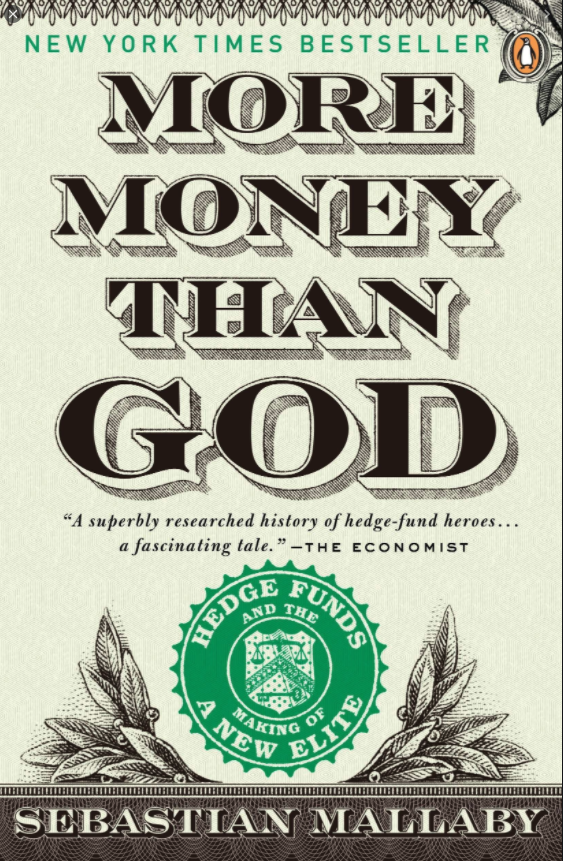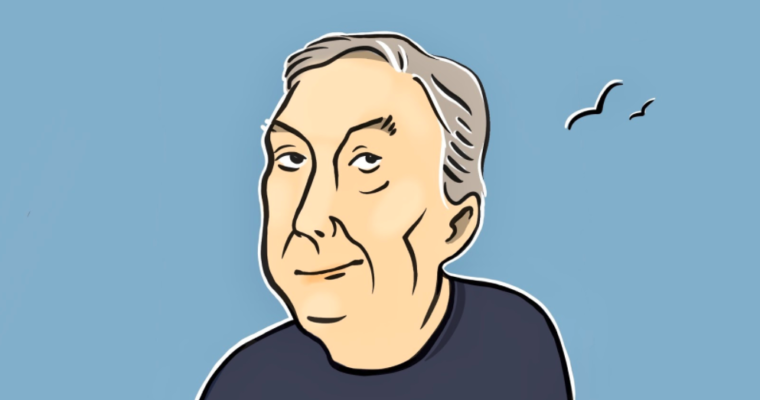Rob Johnson, President of the Institute for New Economic Thinking, is not your average economist. He’s got heart and soul, or if you’ll have it, the blues! With his deep connection to the arts and humanities, Rob leads the new economic thinking not just with a sharp mind, but also with sensibility.
This article is part of an ongoing series in which Rob shares his life experiences, and biggest lessons learned. If you’re an aspiring expert in economics or a related field, this is for you. It might mitigate the depth and duration of your mid-life crisis. Earlier articles in this series can be found here.
6 – On Working with George Soros, and Breaking the British Pound
As I began working with the Soros equity team in 1992, I was watching the British economy. They had floating rate mortgages, a highly leveraged economy, and lots of people with exposure to the stock market. You could see that if the Germans wouldn’t cut rates, then Britain would be in trouble. They’d either have to devalue or raise rates. With an election coming up, they were in a tough spot.
As they got under more stress, Britain’s Prime Minister, John Major, tried to restore confidence. He said the British pound would remain the reserve currency of Europe for the foreseeable future. That was like putting a red flag in front of a German bull. We had a consultant friend, David Smith, who was very well-connected in Germany, who knew from the German central bank that they’d never cut rates to let the UK out of turmoil. So, we had our hypothesis for the ERM, and the British pound.
Because I was leaving Bankers Trust to Soros in the midst of this, I tried to help Bankers Trust understand the same strategy; I felt some responsibility to them.
Things progressed quickly. When Italy devalued, the Germans cut interest rates a quarter-point. And they told our contact, David Smick, that they won’t cut anymore. Not for the British, or anyone else.
At this point, we did not yet have a very big position on. So George and Stan and I had a meeting, and George said, “how big a position do you think you ought to take?” Stan asked me “What do you think you make on the downside?” I said, “well, 18 to 20 percent if there’s a devaluation.”
And how much would we lose? “Well, I said, we’d stay within the band. So you might lose one and a quarter percent, but it would be very liquid if they hold the system together.”
Now it became very clear. They asked me, “so you mean that’s like 18 or 20 to one shot!? This is the bet of a lifetime!”
George asked me how much leverage I would have used on this at Bankers Trust. I said three to five times capital. Then George just said, “okay, guys, let’s start at least three times capital.”
At that point, that was 15 billion dollars. And Britain only had around twenty-two billion in reserves.
That’s what led to Black Wednesday. Britain ended up having to withdraw the British pound from the ERM, after the British pound had long been the store of value. There was a sense of embarrassment for Britain, absolutely. But after they devalued the economy, they started recovering, and interest rates came down. So, some actually call it White Wednesday.
After this major trade, it was off to the races. I focused more on other places. I built up a four billion dollar position short the Swedish kroner. And that dropped almost 55 percent. Not 15 or 18 percent, but 55! That was another very profitable trade.
George was an incredible coach throughout all this. He was not directly involved, it was Stanley who was in charge, and I was the deputy, but George would act as a coach; he wanted you to learn, and it showed in the way he interacted.
In 1993, when I was working on Spanish bonds, he called me into his office and said “I don’t like what you’re doing.” I explained myself, and he said, “well, I gave you the keys to run these positions. You should stick to your guns and we’ll find out what happens.” That time, I was right, and I made a lot of money. So, George walked into my office and he said, “Way to go. You were right!” But in another instance, I lost money. It went wrong, and I went to his office, admitting my mistake. All he said was “well, what did you learn?” No scolding, whatsoever. That’s so great about George.
He was, and still is, a big presence, but not an intimidating one. He was always trying to bring our creativity out; he was not making us into subordinates. He was focused on us performing well; on his team making money.
Stanley, too, was incredible to work with. For his birthday, I once gave him a photograph of Coltrane and Miles Davis playing together. Because I so relished the pleasure of the teamwork with him. We did a lot together; and he taught me so much. His expertise in bonds, and in equities; I got to learn from him through example and conversation.

Read along with the story!
Sebastian Mallaby’s book More money than god tells the story of the British Pound in great detail, drawing from extensive interviews with Rob.
Earlier articles in this series can be found here.
Subscribe to receive the next article directly to your inbox! And in the mean time, take a look at Rob’s podcast Economics and Beyond, available wherever you get your podcasts.
